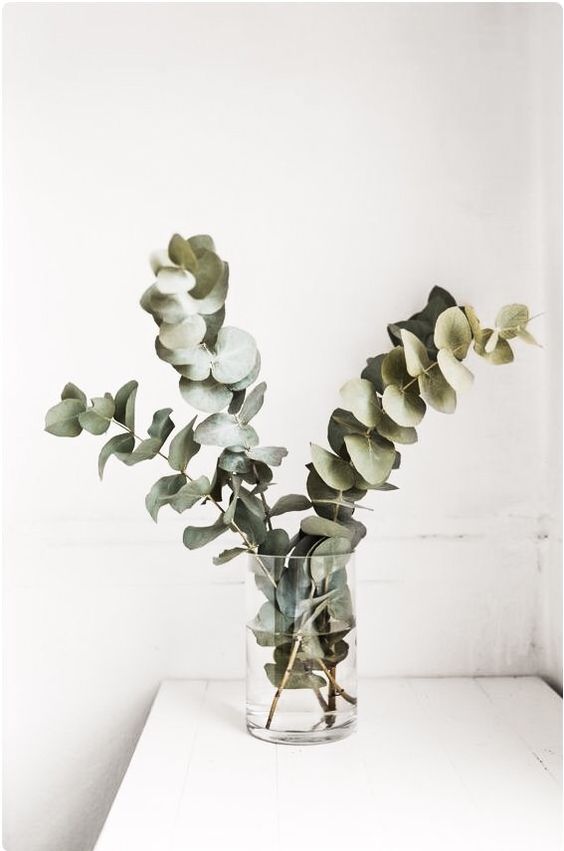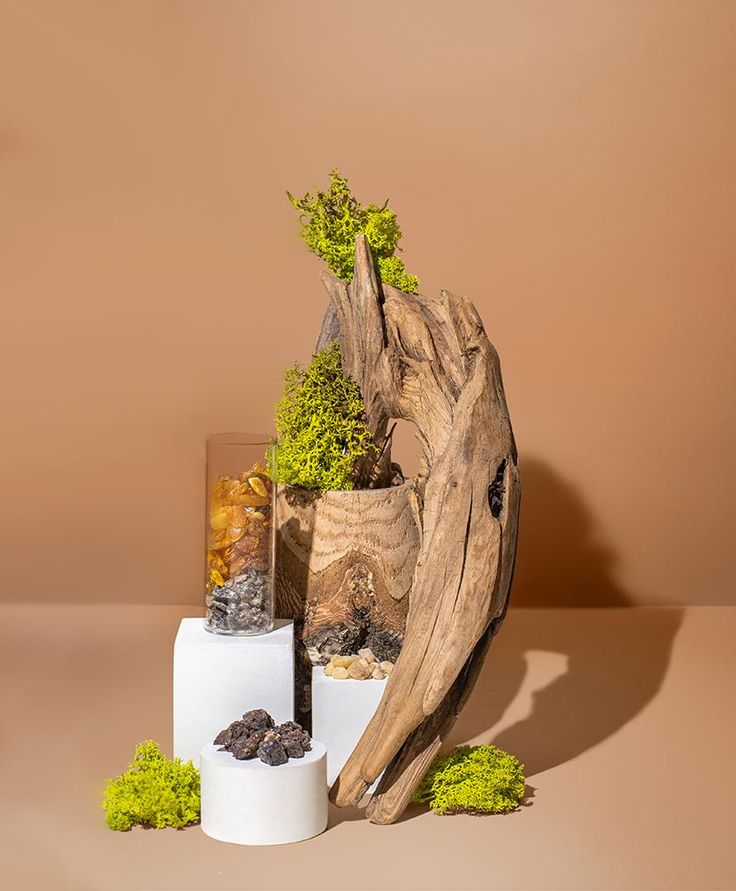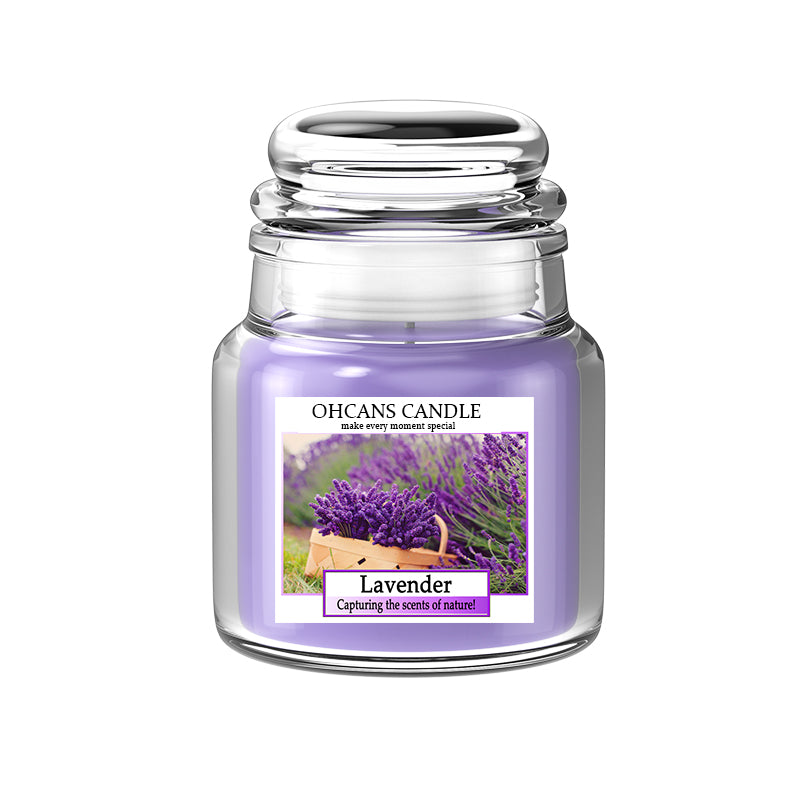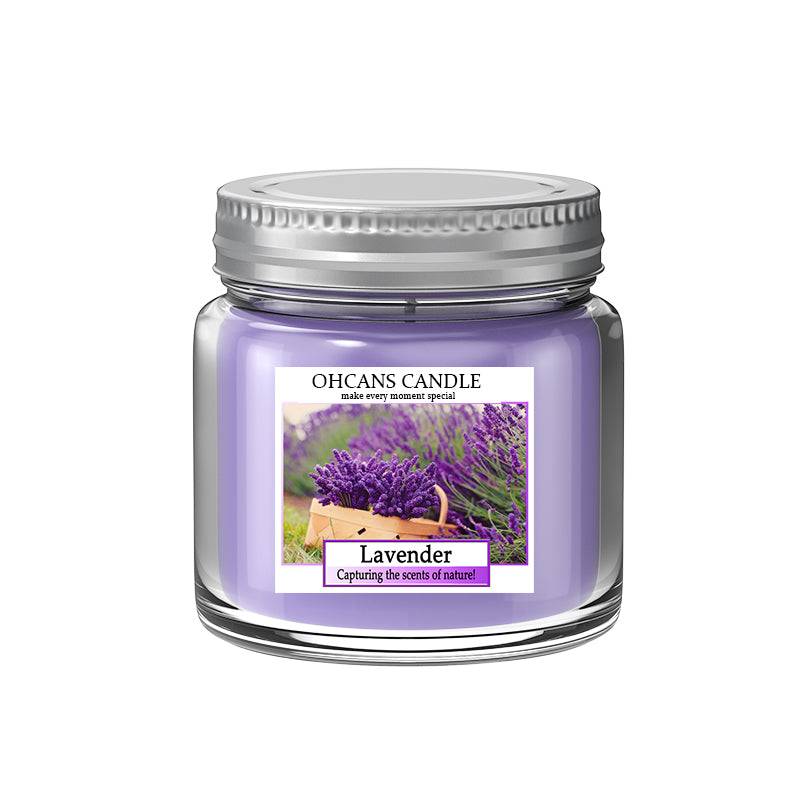Understanding the Unique Scent of Vetiver: What Does Vetiver Smell Like?

Unveiling Vetiver
A Versatile and Aromatic Plant
Vetiver, also known as Chrysopogon zizanioides, is a versatile and aromatic plant that has captivated people for centuries. This perennial grass is renowned for its fragrant roots and has been an integral part of various cultural practices and traditions. The unique scent of vetiver sets it apart from other botanical elements, making it a sought-after ingredient in perfumery and aromatherapy.
Benefits of Vetiver Oil
Vetiver oil offers more than just a delightful fragrance; it also boasts numerous therapeutic benefits. From promoting relaxation to alleviating anxiety, vetiver oil has been cherished for its calming properties. Its ability to induce tranquility and reduce stress has made it a valuable ally in holistic wellness practices.
History and Origin of Vetiver
Ancient Roots of Vetiver
Vetiver, scientifically known as Vetiveria zizanioides, has its ancient roots deeply embedded in the rich soil of India. The history of vetiver dates back thousands of years, where it was revered for its multifaceted properties and significance in various cultural practices. In ancient India, vetiver, also commonly referred to as "khus," was utilized not only for its distinct fragrance but also for its medicinal and spiritual attributes.
The traditional uses of vetiver extended beyond olfactory pleasures. It was intricately woven into the fabric of Indian traditions, finding applications in perfumery, religious ceremonies, and even as a cooling agent during scorching summers. The aromatic allure of vetiver permeated through the tapestry of Indian culture, leaving an indelible mark on the customs and rituals of the time.

Vetiver essential oil brings a cooling and soothing sensation for the skin because of this, it is a favorite especially for warm season.
Apart from vetiver essential oil that is mixed with a carrier oil, like coconut oil or almond oil, as an air-conditioning-like solution to relieve stress. The help of cooling sensation can reduce the body heat as well as it can help to relieve the sensation of heat.
Vetiver may be used in its root form as a hydrosol spray as well. Just spray a gentle mist of the vetiver hydro distillate on your skin or holiday wear to feel its refreshing touch.
What Does Vetiver Smell Like?
Vetiver has a rich, complex scent that can be described as sharp, dry, earthy, woody, and rooty. It evokes the image of dry grass on a warm day, with hints of damp soil clinging to its roots. The scent of vetiver is often compared to the earthiness of patchouli but is considered more complex and resinous.
In addition to its earthy qualities, vetiver can also have citrusy, green, floral, leathery, and smoky notes, depending on the type and how it's paired with other scents. Some people perceive slightly citrusy or soapy notes, similar to lemon balm, but vetiver's earthiness is much stronger.
The masculine qualities of vetiver are often associated with old-time barbershops, but it's also used in many unisex and women's fragrances. Overall, vetiver is a warm, grounding, and sensual aroma that blends well with other notes to create complex and inviting scents. The scent of vetiver is thought to make anxious, troubled, incapable people feel tranquil, stable, and confident. The calming force of the nature has been massive in the stress-relieving and energy-restoring processes. It may work too in reducing your anxiety, becoming agitated, feeling under a panic attack, angry, and unable to relax or sleep.
The aroma of the Vetiver perfume oil provides sedative action and is also known to stabilize emotions of the customers, helping them achieve sound sleep patterns and improve their sex life. This by turning on the positive emotions and balancing the mental condition; results in improving our immune responses.
Characteristics of Vetiver Scent
Earthy and Woody Notes
Vetiver scent is renowned for its earthy and woody characteristics, evoking a sense of grounding and connection to nature. The earthy notes in vetiver's aroma transport the mind to the heart of a verdant forest, capturing the essence of fertile soil and ancient trees. This natural and earthbound quality makes vetiver a captivating olfactory experience, resonating with individuals seeking a deeper connection to the natural world.
The woody profile of vetiver's fragrance further enhances its allure, infusing scents with a warm and comforting aura. The deep, rich undertones reminiscent of aged wood evoke images of tranquil woodland settings, enveloping the senses in a cocoon of serenity. Vetiver's woody notes add depth and complexity to perfumes, creating an enchanting blend that appeals to those with an appreciation for the timeless elegance of nature-inspired scents.
Subtle Smoky Undertones
Exploring the enigmatic allure of vetiver reveals its subtle smoky undertones, adding an intriguing dimension to its aroma profile. The smoky elements in vetiver's scent contribute to a sense of mystery and sophistication, elevating fragrances with an alluring touch of intrigue. These subtle smoky nuances create a harmonious balance within perfume compositions, infusing them with layers of complexity that unfold over time.
The addition of vetiver's smoky scent brings depth and character to fragrances, making it a prized ingredient in perfumery. Its ability to impart an air of refinement while maintaining an earthy authenticity makes vetiver an indispensable component in creating captivating and enduring perfume blends.
Uses of Vetiver in Perfumery and Skincare
Vetiver in Perfume Making
Vetiver finds extensive applications in the art of perfume making, where its distinctive scent serves as a foundational element in creating captivating fragrances. Renowned for its earthy, woody, and smoky characteristics, vetiver is often utilized as a key ingredient in perfumery compositions, adding depth and complexity to scents.
In the realm of perfume creation, vetiver's versatile aroma acts as a base note, anchoring fragrances with its enduring and enchanting presence. Its earthy and woody notes provide a solid foundation upon which other fragrance components can harmoniously unfold, resulting in alluring and long-lasting olfactory experiences.
The practical uses of vetiver in perfume making extend to a wide array of popular fragrance compositions. From sophisticated men's colognes to elegant women's perfumes, vetiver is an essential component that contributes to the creation of timeless and evocative scents.
Benefits of Vetiver Oil
Vetiver oil, derived from the roots of the vetiver plant, offers a myriad of benefits that extend beyond its captivating fragrance. Renowned for its therapeutic properties, vetiver essential oil has been cherished for promoting relaxation, reducing stress, and alleviating anxiety.

Relaxation and Stress Reduction
Vetiver oil is celebrated for its ability to promote relaxation and calmness. The earthy and grounding aroma of vetiver essential oil creates a tranquil ambiance, making it an ideal companion for unwinding after a long day. In aromatherapy practices, the soothing properties of vetiver oil are harnessed to alleviate stress and tension, providing individuals with a sense of serenity amidst life's demands.
The use of vetiver essential oil in relaxation techniques has become increasingly popular due to its natural ability to induce a state of tranquility. Whether diffused in living spaces or incorporated into massage oils, the comforting essence of vetiver oil contributes to creating an environment conducive to unwinding and finding inner peace.
Anxiety Alleviation
When it comes to managing anxiety and emotional well-being, vetiver essential oil emerges as a valuable ally. The soothing effects of vetiver oil on the mind and body make it an excellent choice for individuals seeking relief from anxious thoughts and feelings. Through inhalation or topical application, vetiver essential oil serves as a calming influence that helps restore balance during moments of unease.
The therapeutic benefits of vetiver extract extend beyond its aromatic allure, offering individuals a natural approach to easing emotional discomfort. By harnessing the holistic properties of vetiver essential oil, individuals can experience a renewed sense of calmness and emotional equilibrium.
Cultivation and Harvesting of Vetiver
Vetiver Plant Cultivation
The cultivation of vetiver involves specific practices tailored to the plant's unique growth requirements. When cultivating vetiver, it is essential to create an environment that supports its optimal development and maximizes the yield of its aromatic roots.
-
Ideal Growing Conditions: Vetiver thrives in warm climates with well-drained soil and ample sunlight. It flourishes in regions with consistent rainfall and can tolerate a range of soil types, including sandy and clay soils. The plant's resilience makes it suitable for cultivation in various geographical locations, contributing to its widespread availability.
-
Sustainable Farming Practices: Vetiver farming emphasizes sustainable agricultural methods that minimize environmental impact. Farmers employ techniques such as intercropping, organic fertilization, and water conservation to ensure the health of vetiver crops while preserving the surrounding ecosystem. Sustainable practices play a crucial role in maintaining the integrity of vetiver cultivation for future generations.
The careful handling of both cultivation and harvesting phases plays a pivotal role in preserving the authenticity and quality of vetiver oil for diverse applications.
Vetiver in Aromatherapy
Aromatic Properties of Vetiver
When it comes to aromatherapy, vetiver essential oil holds a prominent place due to its exceptional aromatic properties. The calming and grounding effects of vetiver's aroma make it a valuable addition to aromatherapeutic practices. The deep, earthy fragrance of vetiver creates a serene ambiance, fostering a sense of tranquility and balance for individuals seeking emotional equilibrium.
In the realm of aromatherapy, vetiver contributes to creating balanced and harmonious blends by imparting its unique olfactory characteristics. Its ability to anchor fragrances with its earthy and woody notes adds depth and complexity to aromatic compositions, resulting in well-rounded and captivating scents that resonate with the mind and body.
Aromatherapeutic Applications
Vetiver essential oil finds specific uses in aromatherapy practices aimed at promoting holistic well-being. Whether diffused through air or incorporated into massage oils, vetiver oil offers an array of therapeutic benefits that cater to diverse wellness needs. Its aromatic allure complements its therapeutic properties, making it a versatile tool for enhancing emotional and mental wellness.
Aromatherapists often combine vetiver with other essential oils to create synergistic blends that deliver enhanced therapeutic benefits. By blending vetiver oil with complementary essences such as lavender or frankincense, practitioners can tailor aromatic formulations to address specific wellness goals, ranging from relaxation and stress relief to mental clarity and emotional support.
Decoding the Enigma of Vetiver Scent
Vetiver's alluring scent is a captivating blend of earthy, woody, and smoky notes that intertwine to create a truly enchanting olfactory experience. From the rich earthiness to the comforting woody undertones and the subtle smokiness, vetiver's fragrance is a tapestry of aromatic elements that evoke a sense of timeless elegance and natural allure.




Leave a comment